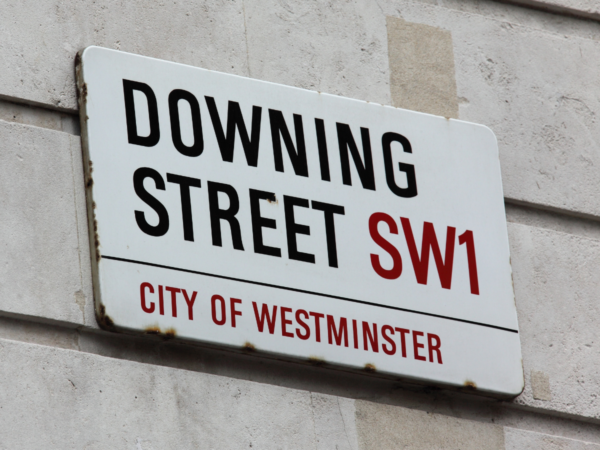
Much of the concern from industry about Sunak’s statement on his ‘new approach to net zero’ has been around the negative messaging and the impact on investors. Internationally, concern has focused on a major economy going backwards in its climate commitments, when the science is clear the world needs to go much faster on emissions reductions.
The Prime Minister did recommit to the UK’s targets to achieve net zero by 2050 and to cut emissions by 68% by 2030 (compared with 1990 levels). However, the Climate Change Committee gave this recommitment a pithy response: “the wishful thinking here is that we have not got a policy package to hit the legal targets that this country has set in law through the Climate Change Act.”
Vehicles
- “Move back the ban on the sale of new petrol and diesel cars by five years, so all sales of new cars from 2035 will be zero emission”
This was perhaps the most controversial of the announcements – attracting strong criticism from some vehicle manufacturers. One detail that has become clearer is that, for now at least, the quotas for manufacturers to sell a percentage of EVs remain. By 2024, each car manufacturer must ensure that zero emission vehicles constitute a 22% share of their output, rising to 80% by 2030.
Energy networks and EV charging provides will be watching closely the impact on EV sales and, therefore, the charging infrastructure required.
Spatial plans and grid
- “We’ll set out the UK’s first ever spatial plan for that infrastructure to give industry certainty and every community a say”
- “We’ll speed up planning for the most nationally significant projects”
- “we’ll end the first-come-first-served approach to grid connections by raising the bar to enter the queue and make sure those ready first, will connect first”
It was very welcome to see the focus on grid in the speech with a promise of announcements ‘shortly’, but it is difficult to assess without any details. The government has already announced a ‘Connections Action Plan’ – which was due in the summer and so is already running late (we will hear an update from Ofgem and DESNZ at Regen’s grid connections event on 3 October).
The ‘spatial plan’ refers to the Winser Review recommendation for an energy spatial plan to guide network infrastructure development and the planning system. This is the first time a Minister has confirmed there will be a spatial plan and this could be one of the most significant announcements in the longer term. Presumably, the spatial plan would set out where major developments such as nuclear and offshore wind will be. A key question is whether there is stronger planning-led guidance on the location of other technologies such as storage and solar – or, this is still left to the market and local planning.
Boilers and energy efficiency
- “Delay the ban on installing oil and LPG boilers, and new coal heating, for off-gas-grid homes to 2035, instead of phasing them out from 2026”
- “Scrap policies to force landlords to upgrade the energy efficiency of their properties”
- “Raise the Boiler Upgrade Grant by 50% to £7,500 to help households who want to replace their gas boilers with a low-carbon alternative like a heat pump”
Delays in banning off-gas-grid fossil fuel boilers and setting tighter energy efficiency standards on landlords were, perhaps, inevitable given the lack of preparatory work to make these policies deliverable. However, far from saving money, scrapping energy efficiency standards for landlords will drive up bills for renters. Citizens Advice has pointed out 55% of renters live in homes below EPC band C and that they waste £1.1 billion on energy bills compared to those that live in better insulated homes (£220 per household on average).
The messaging to consumers that heat pumps are very expensive is also unhelpful. For example, Octopus this year announced that it can install heat pumps in ‘standard’ properties for the same price as gas boilers (including the previous government grant). However, the welcome increase in the Boiler Upgrade Grant will make heat pumps even more competitive. More broadly, it was also notable that the speech focused on heat pumps as the solution for heat – without mentioning hydrogen. If the government sticks to that message that would be a very helpful clarity for the market.
Regen has been warning that a series of decisions, including the failure of the Contracts for Difference auction round for offshore wind, have undermined investment confidence in the UK at a time where other parts of the world are pressing ahead. The messaging around these announcements has not helped. In our view, the government now has a short window to rebuild investor confidence in the UK.
